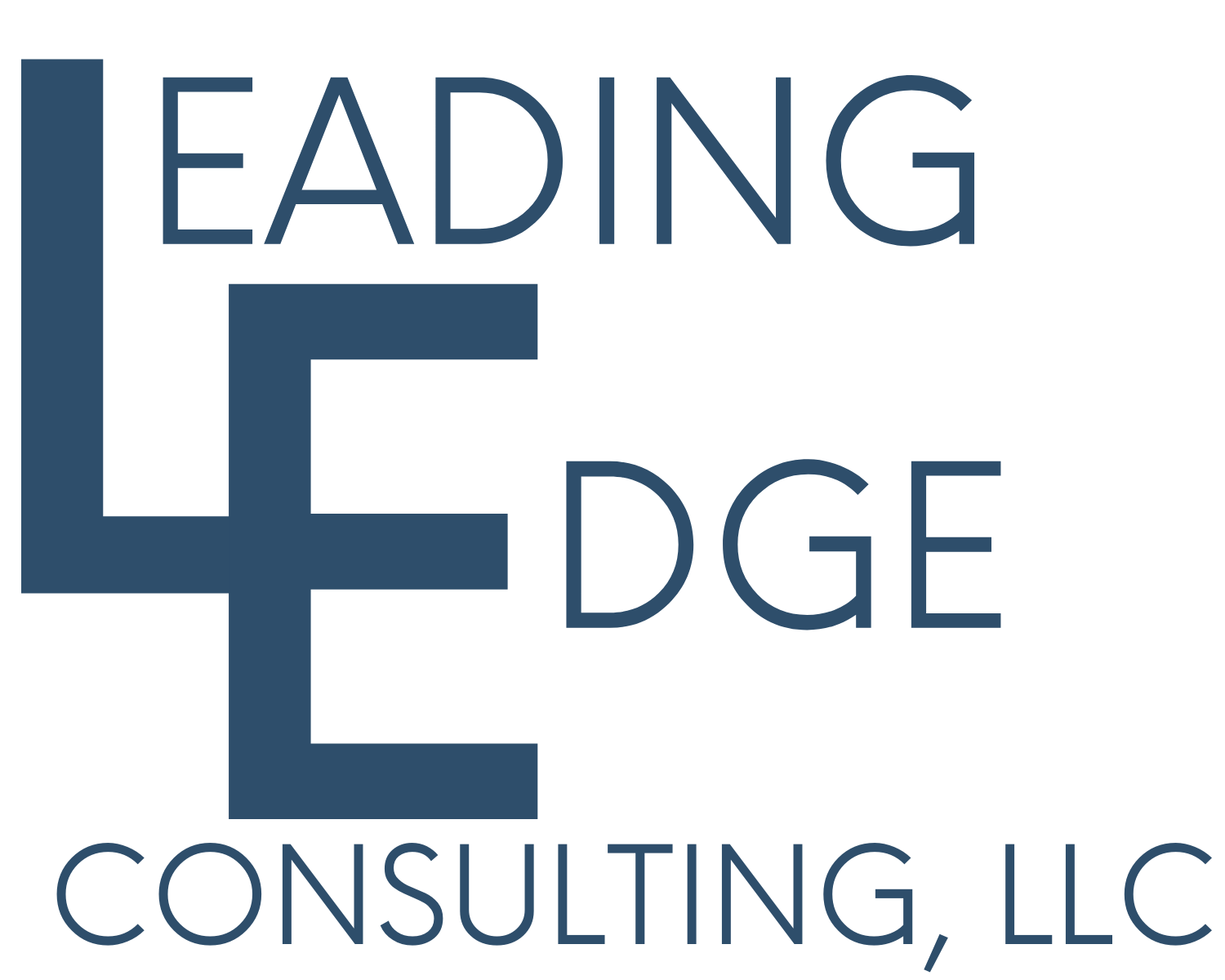The Rising Legal Risks in Trucking—and How LEC Can Protect Your Operation
The legal landscape in the trucking industry continues to evolve, creating a complex environment for motor carriers striving to maintain compliant and safe operations. Increased litigation and growing scrutiny from regulatory bodies are driving fleets to reassess their risk management strategies. For some carriers, adopting a proactive and structured approach to compliance and safety can help reduce exposure and better position them to respond when challenges arise.
The Challenge: Navigating Heightened Exposure
Trucking companies are increasingly encountering risks that stem from both regulatory audits and civil litigation. These risks can emerge from a variety of sources:
Claims of negligence following an accident
Gaps in driver qualification files or hours-of-service (HOS) documentation
Failure to maintain proper vehicle inspection and maintenance records
Inconsistent or insufficient compliance monitoring
Challenges in presenting clear, timely documentation after certain events
Without a detailed and well-maintained compliance infrastructure, fleets may find it difficult to defend themselves effectively. This vulnerability can lead to fines, out-of-service orders, and reputational harm.
The Solution: Building a Robust Compliance Framework
A structured compliance and risk management program supported by accurate documentation and consistent safety practices may help mitigate risk. Key strategies can include:
Comprehensive Driver Qualification (DQ) File Management: Ensure documents are up to date and accessible, including motor vehicle reports (MVRs), medical certificates, and previous employment verifications or attempts.
Hours-of-Service (HOS) Monitoring: Utilize electronic logging devices (ELDs) effectively, regularly auditing logs for inconsistencies or violations.
Preventative Maintenance Scheduling: Implement formalized processes for vehicle inspections and repairs, with verifiable documentation.
Safety Training and Policy Enforcement: Conduct driver safety meetings and maintain written records of training attendance and materials covered.
Accident Response Planning: Develop and communicate a post-accident protocol that includes securing the scene with applicable warning devices, documentation collection, internal reporting, notification procedures, and applicable post-accident testing.
Carriers find that regular internal audits and mock DOT reviews can help them identify potential issues before they escalate.
How LEC, LLC Supports Carriers
LEC, LLC provides trucking companies with the structure and expertise needed to manage safety, compliance, and risk management with confidence. Drawing on years of experience in Federal and State regulations, fleet operations, and risk management, LEC offers services designed to reduce risk and improve operational performance readiness.
Key areas of support include:
Safety Program Development: Tailored programs that address regulatory compliance, preparedness, training and education, and other remedial measures.
Regulatory Compliance Reviews: In-depth assessments of records, files, and practices to identify gaps and provide actionable recommendations.
Litigation Support Services: Consulting with fleets and post-accident teams to help manage documentation, response protocols, and provide meaningful information to outsiders.
Audit Preparation and Representation: Assisting fleets before, during, and after DOT audits with detailed checklists and guidance.
Training and Education: Custom workshops and seminars for managers and drivers covering HOS, DQ files, accident procedures, and more.
Clients have often reported increased confidence in their compliance posture and a clearer understanding of what documentation and processes can support them.
If you would like to explore how LEC can support your fleet’s safety and compliance goals, reach out to our team today. A well-informed and proactive approach may not only support regulatory compliance but also place your operation in a more defensible position should challenges arise.
